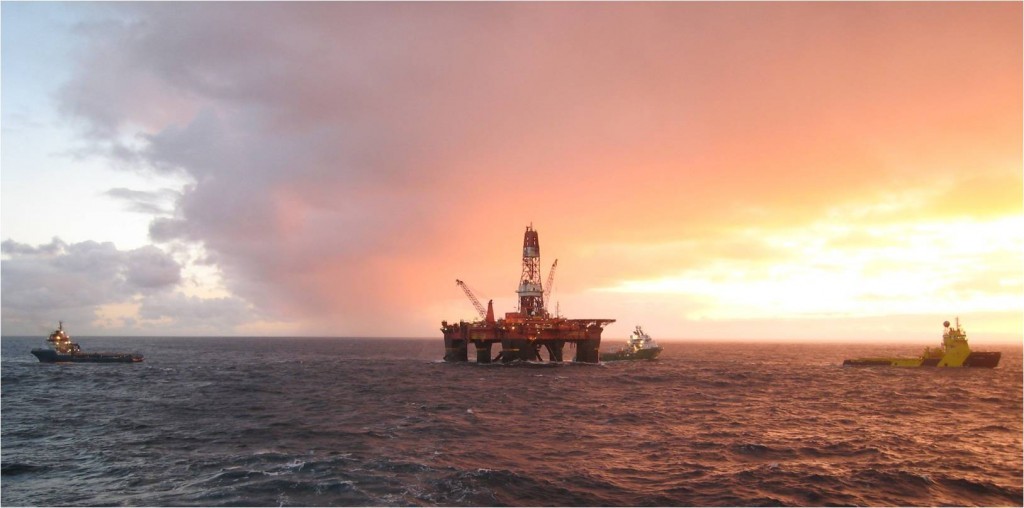
Despite the best efforts of some politicians, it’s obvious to everyone working in the UK’s Oil and Gas sector that we have seen better days. We are in a crisis and when adversity strikes we will be measured on how we respond. We can duck the issues by making cuts and laying off employees or we can challenge and push the boundaries as the current climate potentially becomes the norm.
When the sun was shining, many lost the appetite for the engineering challenges that built North Sea oil. We became too stuck in our ways, using known solutions when we should have been consistently looking to drive efficiency. In short, rising revenues allowed us to pay for overpriced solutions and we forgot how to innovate.
To tackle this ingrained thinking, last year the Efficiency Task Force Oil & Gas UK was created to look at three key areas for change: business process, standardisation and cooperation and culture and behaviours. This is all very admirable and they all must change but the time for talking has passed.
Faults and delays to production are hitting the bottom line and the industry needs to start using more cost effective solutions right now. Instead, the recent history of the industry has been one of rationalisation.
Jobs have been lost and investment has been delayed as companies look to maintain profits. Downsizing also means we’re in danger of losing the drive, knowledge and expertise to make change happen.
Against this backdrop, the supply chain will now need to be challenged to deliver tangible, cost effective solutions. Innovative and collaborative solutions.
The focus has to be on efficiency, and we’ll achieve this through thinking like real engineers. For example, one of our customers had experienced repeated shutdowns of a single valve due to their existing controls.
The cost to the business was up to £600,000, the solutions to fix the problem was a fraction of that amount. In a similar situation, at a partner of ours in the North Sea we installed more reliable temperature measurement instrumentation reducing the number of unplanned compressor shutdowns and improving the throughput.
The benefits run into £100,000’s, yet the engineering solution cost only £10,000.
In one final example, a major energy company contacted us about a quote they received for over £900k to change a meter installed to close to a valve causing sand build up and gas break out. We put forward a clamp-on flowmeter solution for £30,000, that’s £870K of a cost differential which a huge amount for money for any business to save.
These are but a few of the examples engineering focussed firms like ours are offering the industry by challenging existing wisdom in order to add value and save substantial costs for the long term.
But a change of thinking is not just about short term profit margins or quick fixes, this downturn provides an opportunity for meaningful change to reinvent ourselves and put real engineering at the heart of North Sea oil and gas once again.
Martin Kerlin is Oil & Gas Director at engineering firm JWF.
Recommended for you
